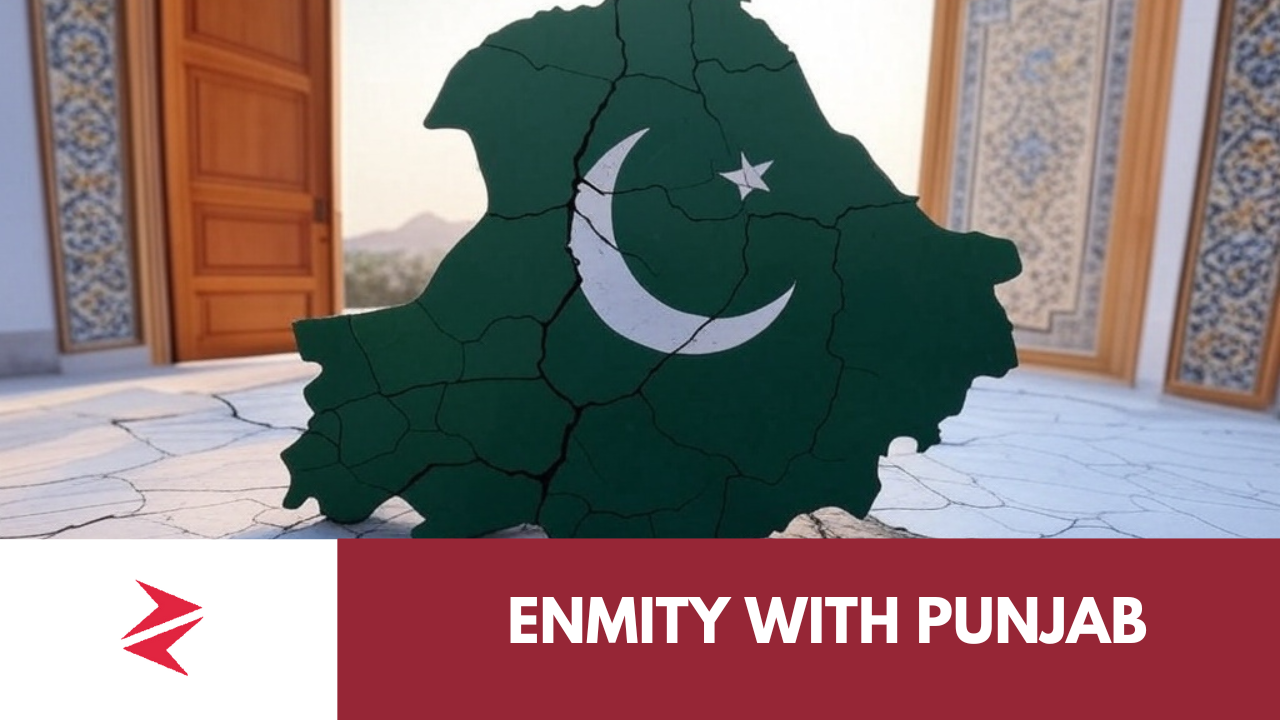I was born in the valleys of Kashmir, raised on the soil of Punjab, yet I’ve never tethered my soul to either label. For me, the rhythm of my heart beats to a singular tune—Muslim, Pakistani, above all else. Regional whispers? I’ve kept them at arm’s length, choosing instead the anthem of a united Pakistan.
But today, amidst a storm of venomous accusations and calculated disdain, a truth dawns on me: Punjab’s voice must rise—not for pride, but for the survival of this nation’s fragile unity. The land of five rivers can no longer sit silent, deaf, or blind. A sinister plot brews, one that pins every shadow of evil on Punjab’s broad shoulders. Its prosperity, its very existence, seems to choke the throats of those who envy it.
The time has come. Punjab must lay its case bare before its brothers and sisters across this federation. Their pain demands a hearing, their solutions a crafting, and their history a telling—unvarnished and bold.
Let’s not forget: when Pakistan was carved into being, it was Punjab and Bengal whose blood and treasure split apart. The heaviest toll—lives lost, dreams shattered—fell upon Punjabi hearts. From the ashes of UP and CP, millions fled, leaving behind graves and memories, only to be welcomed by Punjab’s open arms. We didn’t just shelter them; we wove them into our fabric, shared our bread, and built anew together.
